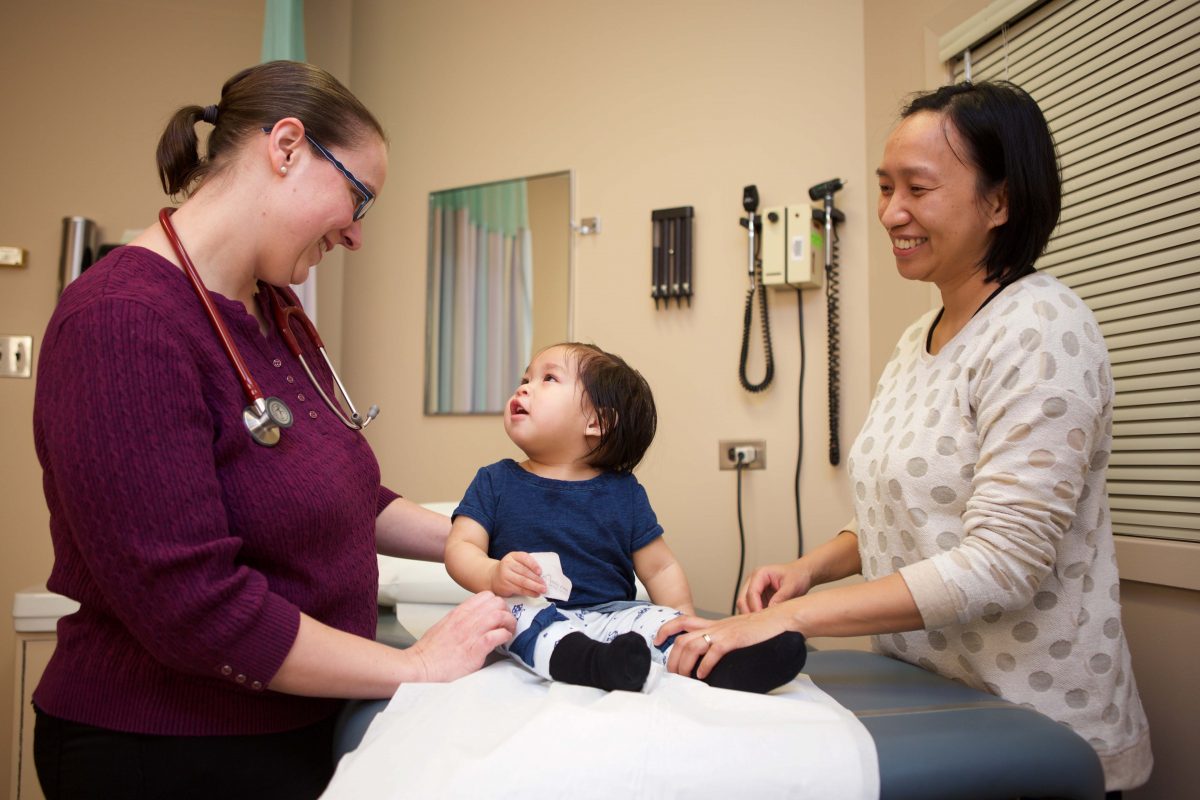
Manitobans are getting healthier overall, U of M study shows
The overall health of Manitobans is improving across the province’s five health regions, says a comprehensive study conducted by the Manitoba Centre for Health Policy (MCHP) at the University of Manitoba.
“This is positive news, with the important caveat that the health of First Nation people is not improving at the same rate as that of other Manitobans,” said study leader Dr. Randy Fransoo, pointing to another study jointly released today by the First Nations Health and Social Secretariat of Manitoba and MCHP that focused on this health gap.
Fransoo’s study, The 2019 Regional Health Authorities (RHA) Indicators Atlas, marks the fifth time that MCHP, part of the U of M’s Rady Faculty of Health Sciences, has taken a broad look at Manitobans’ health status and health-care use, at intervals of about five years.
“This is the first time we’ve found that almost all indicators of health have improved, at least slightly, across all geographic areas and income groups,” said Fransoo, assistant professor of community health sciences in the Max Rady College of Medicine.
“This contrasts with our previous atlas in 2013, which showed widening gaps, with health improving for people in higher-income areas, while holding steady or getting worse for those in lower-income areas.
“There is still a gap in health status between higher- and lower-income areas, but the trend for all Manitobans is improving.”
The researchers studied de-identified (anonymous) health data stored in the Manitoba Population Research Data Repository at MCHP. They analyzed 75 health indicators, from doctor visits and hospitalizations to diagnostic tests and surgical procedures.
The new atlas shows an increase in the prevalence of some chronic diseases, such as diabetes and coronary heart disease. That’s not surprising, Fransoo said, because Manitobans are living longer due to decreasing mortality rates, and the proportion of the population that is elderly is growing. “Most chronic diseases affect older people more than younger ones,” he said.
The study included numerous indicators of maternal and child health, such as the rates of Caesarean-section births (which rose) and infant mortality (which declined).
A finding that greatly surprised Fransoo is that the teenage pregnancy rate has taken a sharp drop, declining by 33 per cent since 2013.
“Historically, Manitoba has had one of the highest teen pregnancy rates in Canada,” Fransoo said. “This calls for further study to understand the reasons for the decline. Women who give birth at a young age – and their children – are at risk for poorer health outcomes. So this decrease is a good sign for the health of Manitobans.”
Overall, Manitobans’ rates of visits to doctors and nurse practitioners were mostly stable. But contrary to what would be expected, lower-income/less healthy areas did not consistently show higher visit rates to doctors.
“Although hospitalization rates are higher in areas of poorer health, more study is needed to find out why family-doctor services don’t seem to match with need in the same way,” Fransoo said.
Residents of lower-income areas also had fewer visits with medical specialists, fewer MRI scans and fewer hip replacements than people in higher-income areas, although the evidence is clear that Manitobans in lower-income areas are less healthy.
“In a universal health-care system, we would expect to see more services provided to people in less-healthy areas,” Fransoo said. “Although we don’t have data specifically measuring the need for specialist consultations, MRIs and hip replacements in disadvantaged areas, this finding warrants review to ensure that access to services is appropriate and equitable.”
Manitoba’s five regional health authorities will use the findings in the atlas to help them assess the health of their communities and create strategic and operational plans, Fransoo said.
The full study is available online.






